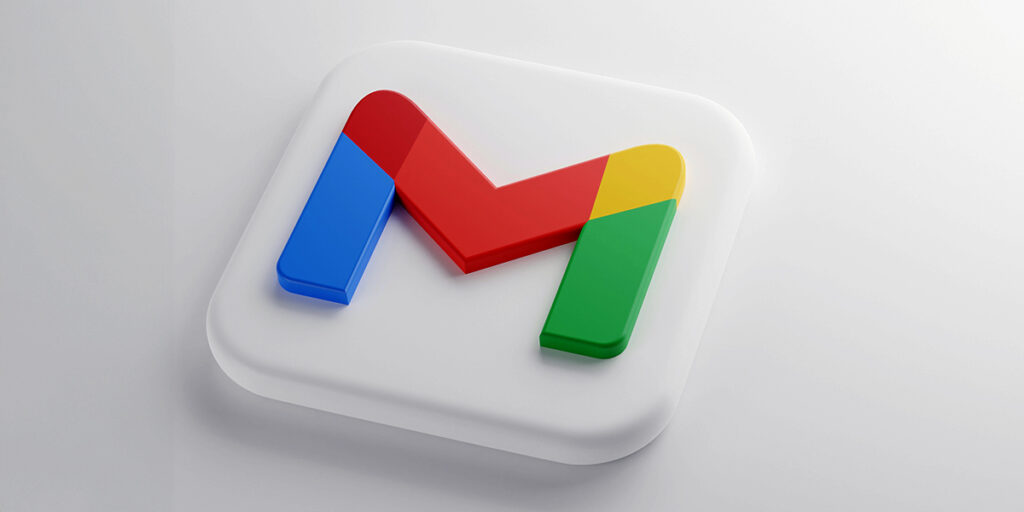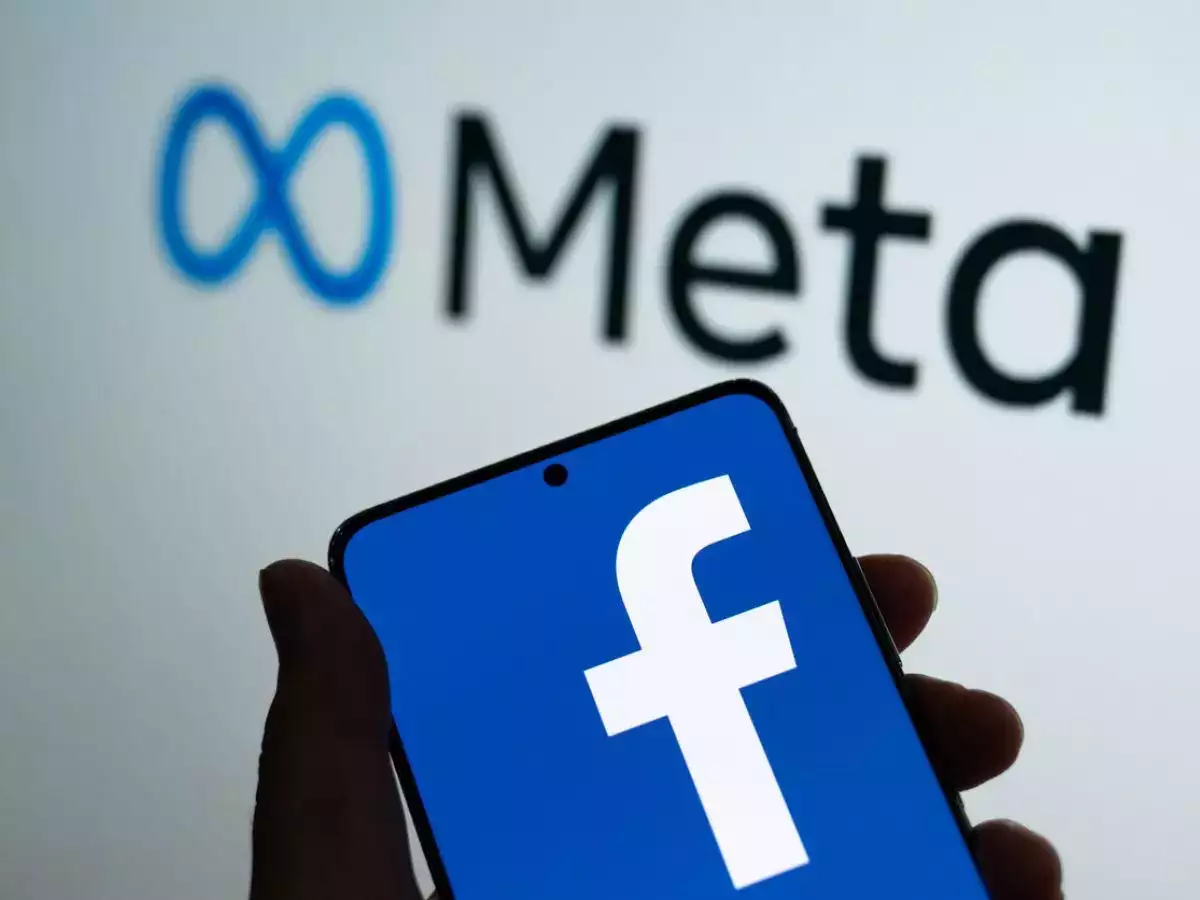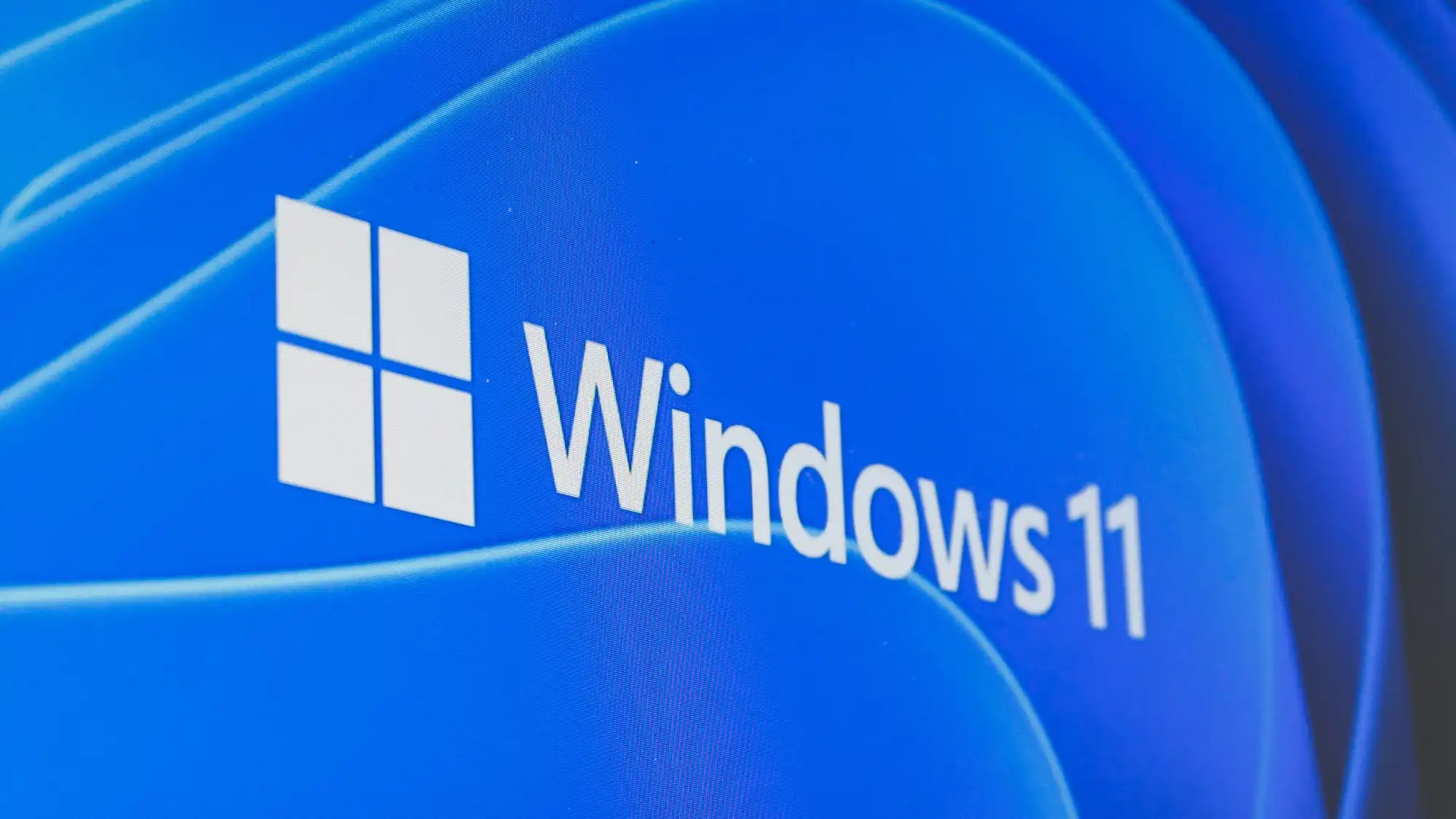
Artificial intelligence can sometimes feel like one more thing to manage—another inbox to check, another setting to tweak. But at Google I/O 2025, the company announced new features for Gmail that aim to do the opposite: make your life simpler by handing some of the messiest tasks over to AI. Specifically, Google is integrating its Gemini assistant into Gmail, with a strong focus on helping users clean up their inboxes, organize communication, and streamline scheduling.
One of the most relatable problems in Gmail is running out of storage space, triggering that dreaded alert: your cloud storage is full. That moment often leads to a frustrating choice—dig through years of messages and attachments to clear space or just cave in and pay for more storage. And for those who try to clean house manually, the process is rarely smooth. Which messages can you safely delete? Which ones matter? The Gmail interface, though powerful, isn’t always intuitive when you’re trying to surgically prune your inbox.
That’s where Gemini comes in. According to Yulie Kwon Kim, Google Workspace’s vice president of product, Gemini will soon allow users to issue plain-language commands like, “Delete all of my unread emails from the Groomed Paw from last year.” Google’s demo at I/O suggested that Gemini can take that input and handle the rest, making inbox cleanup feel less like digital archaeology and more like issuing a simple instruction. While users will still need to make judgment calls about what stays and what goes, Gemini promises to streamline the mechanics of execution—especially helpful for those doing a big sweep of old messages with large attachments.
The AI tools aren’t limited to cleaning, either. Gmail is also getting smarter about writing and replying. Google is enhancing its smart replies to reflect the user’s personal tone and writing style, producing responses that go beyond a few generic phrases. The system generates full-sentence replies based on the context of your emails, which is potentially powerful—though it does raise some concerns about monitoring and accuracy. It’s not yet fully autonomous communication, but it could save you time drafting routine replies. And when it comes to scheduling, Gemini can now suggest open times on your calendar or generate booking links, smoothing over the back-and-forth that makes scheduling meetings such a pain.
All of these features are expected to roll out next quarter, likely in the fall. In a sea of AI tools that often feel more demanding than helpful, this is one update that might actually reduce the digital noise instead of adding to it.




